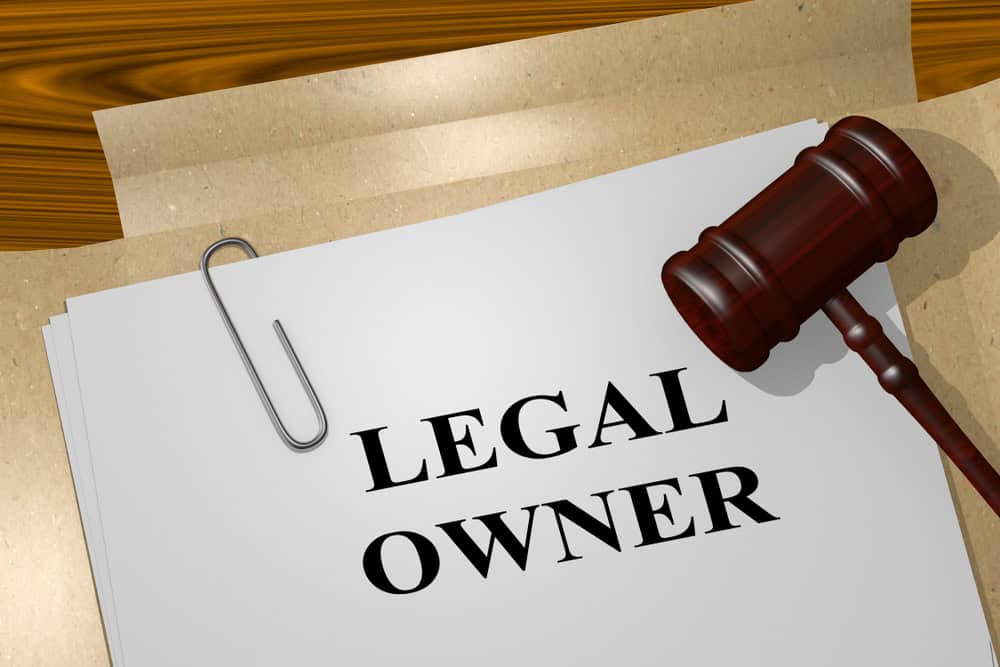Real estate decisions that involve buying and selling property can be tough and need to be carefully made. And this is why banks, real estate agents, and attorneys are involved in checking whether the property that you are planning to purchase has a clean back record – or in other words, has a “Clear title” or not.
Before buying a property, it is crucial to investigate its history and its owner, or owners, to make sure the property has strong legal backing. Moreover, you need to ensure if there are any judgments or claims on the property. And for that, the buyer can request a title search. This title search uses public accounts and previous files to ensure the property’s history is spotless before you close the deal. And for you to be able to purchase that property, you need the title search to show that the property has a “clear title.”
Still don’t understand what we mean here? Don’t worry; it is just easier than it might sound right now, and therefore, we decided to come up with this brief guide for beginners to explain what is meant by a clear title.
What is Clear Title?
Clear title is a term used to show that a property owner owns it free and clear of encumbrances. In other words, the clear title shows that the property you are willing to buy is without a levy or lien from creditors or other parties who can pose a question to its legal ownership. This means that a clear title determines that no one can claim the title, there are debts, disputes, and liens about who owns the property, and the property title is “clear”. A clear title is also called a “free and clear title” or a “just title” because it shows you are the only sole owner of your property.
A clear title is not just for real estate, though; liens can exist in all types of properties, such as businesses or cars. It only means that there is a debt that is registered to your vehicle, and you owe some money to the lender – which means your title is not clear. However, it is imperative to establish a clear title on any property that you are selling or buying (e.g., your home or your car).
How Do Clear Titles Work?
In the case of real estate property sale and purchase, a formal trial search is conducted to determine whether a property has a clear title. For example, if you find the perfect house for yourself and you make an offer to the seller and eventually sign an agreement with them. Now what you need is a little search to make sure there are liens on it. However, the search team tells you that the property doesn’t have a clear title before losing.
This can be for any reason; maybe they have a loan on the property – but the property has not been granted a clear tile. This means the sale of the property will now come to a halt; however, there is a way out of it as well. The seller can make a decision depending on the situation. If they can pay the debt or clear the issues at the backend, the title can be cleared on the spot, and the deal can be moved forward again. However, in some cases, such as those that involve a fraudulent transaction, unpaid taxes, bankruptcy, and other disputes, the procedure becomes a little more complex, and clearing the title becomes more difficult. Therefore, buyers are advised not to meddle with properties that do not have a clear title.
Why Do We Need a Clear Title?

It is essential to have a clear title before you purchase a property because you need to make sure it has a legal history and won’t cause you problems in the future. Even though buying a house with liens on it is not illegal in most cases, you can still buy such a property. However, it becomes a limiting factor for the new owner in the future. You cannot mortgage or apply for home equity loans using this property anymore because the bank would easily dig up previous liens, and now you will have to clear them by financing it to go through.
Reasons Why Title isn’t Clear
There are many reasons why a property’s title may not be clear, but some are most common and lead to this finding in the title search. These reasons are:
● Fraud
Sometimes the title of your property is not in your hands, and it being not being “clear” is not even your fault. There are incidences when people don’t realize a fraud deed enters into their public record. The fraudster can use this fraud deed to engage in an illegal sale of your property – without you even realizing this issue.
● A Trust
This happens when the ownership of the house has a legal claim from another entity or has been transferred to a trust. These cases are not so common but usually cause many issues to people who don’t even know their property has had deals and agreements behind their own back.
● Heirs
This is the biggest reason behind these issues. This happens when the heirs of the previous owner have some claims on the property. For example, the previous owner had granted some part of their property to an heir who eventually took an active role as the owner. Now this said heir – who is also a partial owner of the place can pass on the property to their descendants. In these cases, issues with the title arise when the hero of the property plans to sell it.
● Divorce or Separation
Situations like divorce and separation can lead to title problems for a property. When a couple jointly owns a house and separates through a divorce, one person has to move out of the house as per the terms. However, even though they don’t live there, they would still own the place. This can lead to claims on property in the future and cause problems with getting a clean title.
Conclusion
As a seller of a property, it is essential to have a clear title because then you won’t be able to move forward with selling your property. Moreover, having liens and judgment on the property also delays the legal process. Therefore, make sure you get a clear title for your property to ensure smooth transactions on both ends

